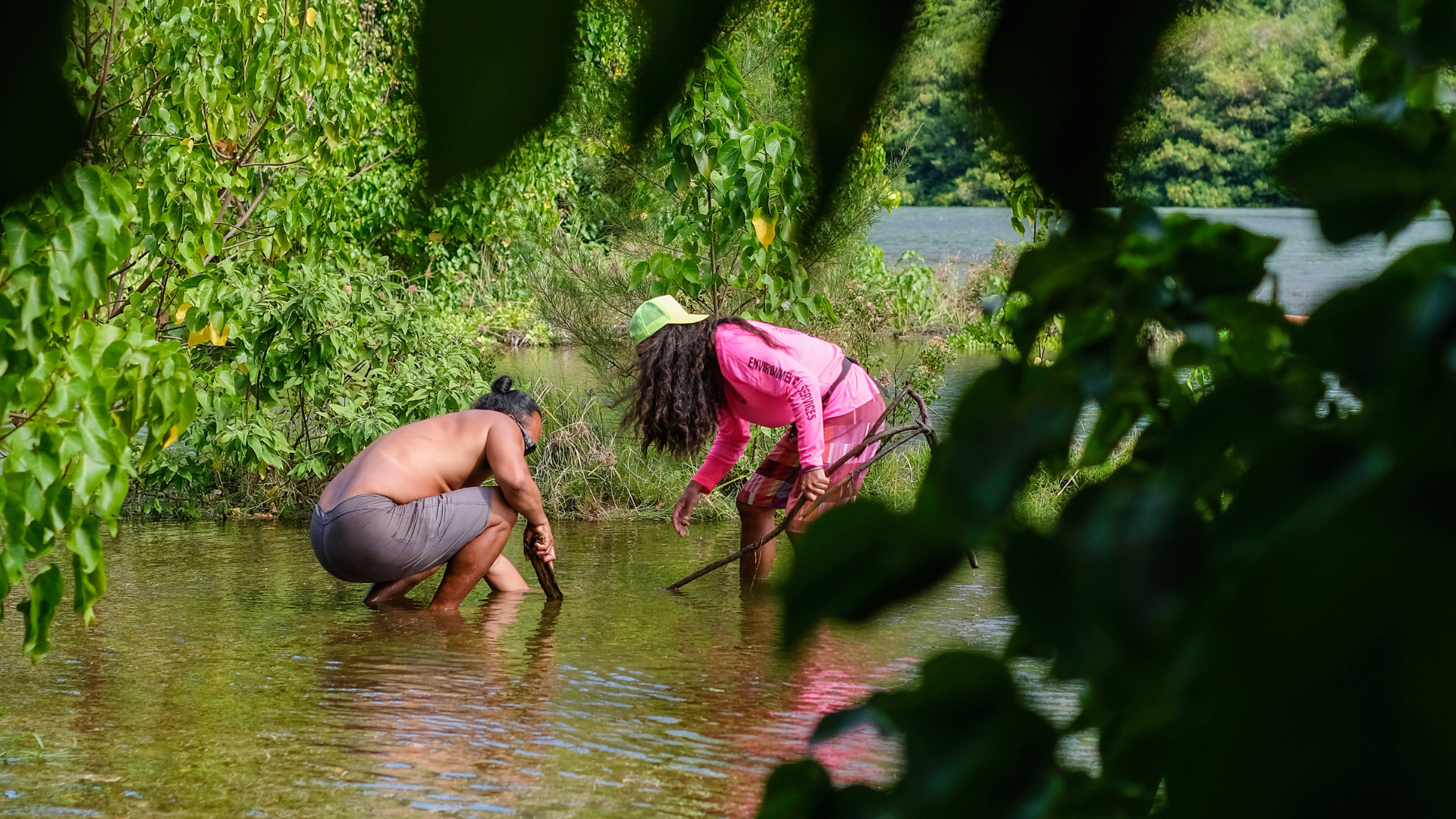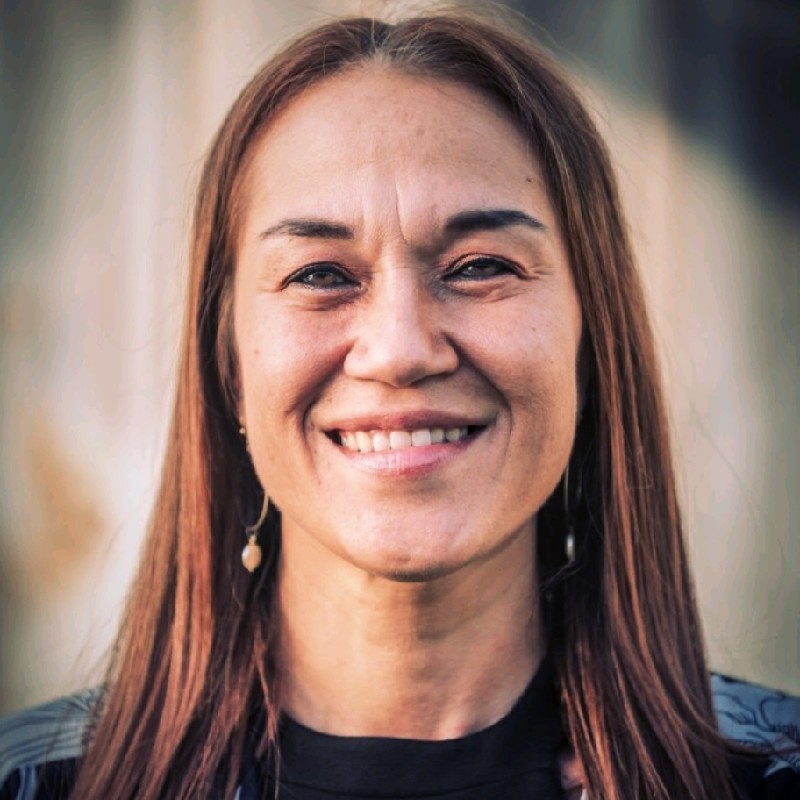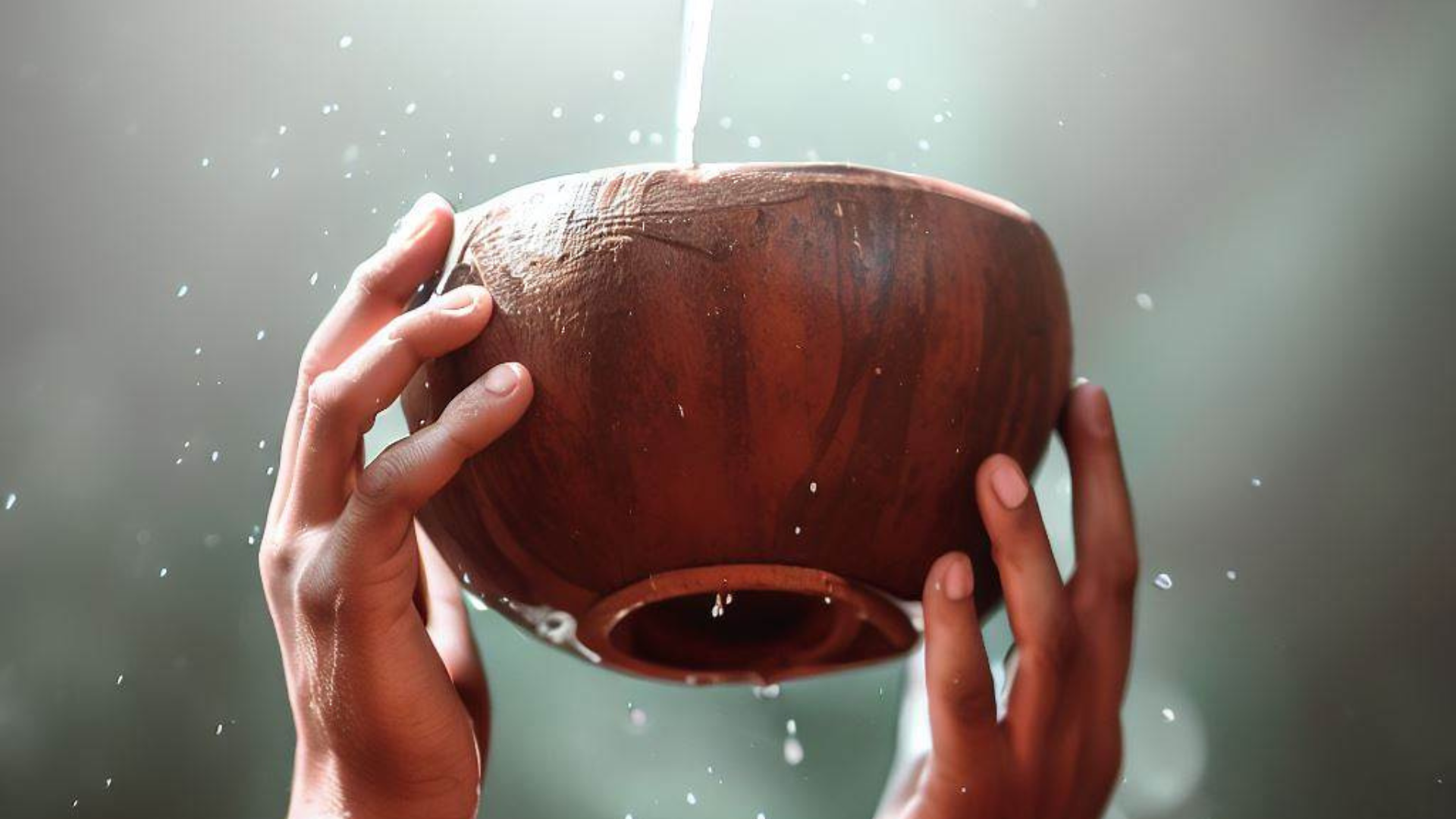
Peleke Flores (left) and Zachary Pilien (right) at Alakoko Fishpond
Here is our quick program description.
CTA

Kūkaʻi Creators workshop recap video
In July, our Ka Maka ʻĪnana design thinking program hosted a design research immersive for our alumni think tank at Puʻuhonua O Waimānalo, where we learned about ahupuaʻa land restoration, innovative technological solutions such as community-managed internet service providers (ISPs), efforts towards economic self-sustainability, and the strategies behind the preservation of ancestral territory. Our partnership at the Puʻuhonua allows our alumni think tank access to explore and test new concepts on ʻāina and participate directly in culturally rooted stewardship training.
In August, we partnered with Hawaiʻi County’s ‘Revitalize Puna‘ Initiative to host Kūkaʻi Creators (video above), a three-day workshop that combined ʻāina and cultural experiences with storytelling, AI, and graphic design tools to bring to life the mo‘olelo, mele, oli, and ‘ōlelo noʻeau of Puna. Members of the community, from keiki to kūpuna, came together to illustrate moʻolelo using AI art generators (photo below), create 3D LiDAR renderings of an 800-year-old hale waʻa, and build pilina. We hope this is the first of many place-based community explorations.

ʻŌlelo Noʻeau #246: ʻAwa kau lāʻau o Puna (Tree-gowing ʻawa of Puna)
AI generated using MidJourney
At the end of August, the Mālama Digital Creators team took a trip to Līhuʻe, Kauaʻi, to visit Mālama Hulēʻia at Alakoko fishpond, which is being supported by the Mālama Design Studio incubator. Our team was there to help design and kick off the social media campaign for Mālama Hulēʻia’s “E Kū Ana Ka Paia” five year anniversary workday on October 21 to rebuild their 800-year-old wall and install sensors for tide monitoring, in partnership with Hohonu.io. Over 1,500 volunteers showed up for the workday!
Over the past year, Mālama Studios has expanded its scope to build a cohesive system of interconnected programs to support a Hawai’i-based ecosystem of developers, designers, thinkers, and community-based organizations. Our four programs are designed to cross-pollinate, enabling participants to give and gain from each other, driving growth for the whole lāhui.

Infographic of how Mālama Studio programs work together to strengthen a Hawai‘i-based economy.
Through our entrepreneurship programs—Mālama Venture Studio and Mālama Design Studio—we aim to foster economic diversification by supporting companies that are regenerative, environmentally sustainable, and socially just. Our design training programs—Digital Creators and Ka Maka ʻĪnana—aim to create a skilled, culturally grounded workforce of local residents capable of designing for Hawaiʻi’s specific needs and cultural contexts. All together, we are working to help Hawaiʻi based companies grow and increase local jobs while also building a local talent pool who can fill those roles.
Our goal is to help foster a thriving Hawaiian economy, with a focus on local, high-wage jobs and self-determination over our futures. We believe cultivating a strong community of creators working together creates a kīpuka and a healthy ecosystem for innovation, collaboration, resource sharing, cross-marketing, and cost savings.
Program Kumu Michael Sarmiento with a participating educator.
This school year we’re kicking off a PD (“Pilina Development”) program to train educators in our CS808 framework which aims to provide computer science and STEM education grounded in culture. In the past three months we have already engaged seven different public, private, and charter schools across Hawaiʻi in introductory Kula Conversations. The feedback has been overwhelmingly positive, and we are excited to continue to work with our current schools while finding others who share our vision for what education can be.
FoundHer 2023 graduates.
Mahalo to everyone who has applied for Cohort 3 of the FoundHer program! To better accommodate Maui applicants, we extended our application period until October 31. Final selections will be made in November, and the program will start in March.